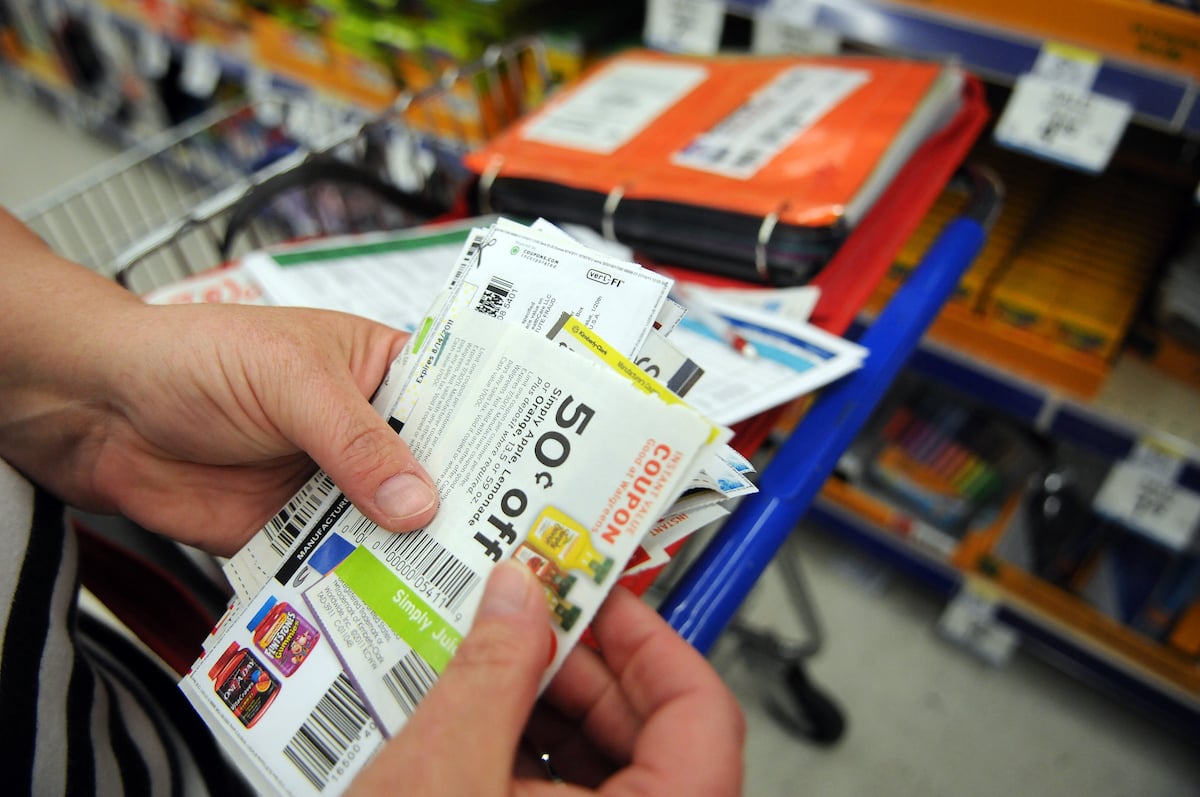‘Extreme Couponing’: Many of TLC’s Cast Members Used Coupons That Were Blatantly Fraudulent
Saving money is a perk for some and a lifestyle for others. That’s why, in 2010, TLC premiered Extreme Couponing. The series featured those going above and beyond to save money on groceries and personal care items. The phrase “extreme couponing” first appeared in a Wall Street Journal article the same year. From there, it became a well-known phrase for shoppers who could fill carts without emptying their wallets.
The show ran for five seasons and only 41 episodes. Why did it get canceled? Viewers’ concerns about these extreme shoppers created problems for production. Many people pointed out that what the shoppers were doing on the show was nearly impossible for the average shopper. Extreme Couponing‘s cast members also faced accusations of fraud, counterfeiting, and hoarding.
Some ‘Extreme Couponing’ cast members weren’t playing by the rules
Viewers tuned in to Extreme Couponing not only to see what these shoppers could do but also to pick up a few tips on how they could get started saving money. However, many viewers who were already familiar with using coupons at supermarkets found that the grocery stores involved with the show were letting things slide. TLC was also beefing up the drama by setting up scenarios.
In one case, a shopper was clearing out the shelves of protein bars while a man was standing nearby asking if he could just have one bar. The extreme shopper refuses, leaving the man defeated. The truth behind this scene: The man asking for a protein bar is part of the crew filming the show. It was staged to create more drama in the episode.
‘Extreme Couponing’ featured shoppers using counterfeit coupons and fraudulent practices

Tried-and-true coupon users know when they spot a fake, as Jill Cataldo explains on her blog. On Extreme Couponing, fakes happened quite often. In one memorable episode, a teen named Joel went shopping to see how much stuff he could get for free. While he had plenty of legitimate coupons, he experienced some trouble.
Joel purchased 34 packages of toilet paper with the same amount of manufacturers’ coupons that made each package completely free. At the end of the shopping trip, Joel has saved 93% off the original cost of his purchases. The problem lies with those manufacturers’ coupons. They were fakes. Many viewers spotted it right away because of the bar codes.
While some older coupons have no expiration date, many coupons now have specific barcodes to prevent fraud, as Jill Cataldo reports. For Joel, the trouble started at the register when the coupons wouldn’t scan. The manager overrode the error and accepted them. However, when the manufacturer refused to honor the fakes, the store was out more than $400. Joel’s mom ended up having to pay for all of his “free” toilet paper.
Some stores have apologized for participating in ‘Extreme Couponing’
In some cases, as Jill Cataldo reports, the stores that originally participated in the show issued apologies to its customers for going along with the ruse. Production needed to complete the show. So the involved supermarkets, likely feeling pressure, lifted coupon limits, overrode coupons that weren’t working properly, and served as participants in some of the more blatant instances of fraud.
Lowes Foods, a chain based in the Carolinas, regrets letting production film two shows in their stores. The supermarkets ignored two coupon policies to film the episodes: Cast members redeemed more than four coupons for the same item and doubled more than 20 manufacturer’s coupons per day.
With all of this evidence presented to those who follow the rules via the once-popular TLC show, it is likely that the network will never consider bringing back Extreme Couponing.


